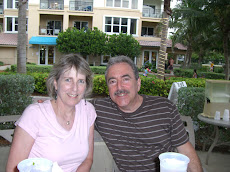 Some more observations on Albert Camus' life:
Some more observations on Albert Camus' life:Camus earned his dissertation by conducting a study of the influence of Plotinus and neo-Platonism on the thought and writings of St. Augustine. Just an observation - the study of philosophy provides us with a thread from the start of time. Camus started his observations of life's meaning by studying the early philosophers.
But as his career started and continued, he always considered himself a writer. After suffering TB most of his life and living a political activist life, he died at age 47 in a car accident.
According to historians, "it is also worth noting that at no time in his career did Camus ever describe himself as a deep thinker or lay claim to the title of philosopher. Instead, he nearly always referred to himself simply, yet proudly, as un ecrivain – a writer.
The Internet Encyclopedia of Philosophy continues: "This is an important fact to keep in mind when assessing his place in intellectual history and in twentieth-century philosophy. For by no means does he qualify as a system-builder or theorist or even as a disciplined thinker. He was instead a sort of all-purpose critic and modern-day philosophe: a debunker of mythologies, a critic of fraud and superstition, an enemy of terror, a voice of reason and compassion, and an outspoken defender of freedom – all in all a figure very much in the Enlightenment tradition of Voltaire and Diderot."
"For this reason, in assessing Camus’ career and work, it may be best simply to take him at his own word and characterize him first and foremost as a writer – advisedly attaching the epithet philosophical for sharper accuracy and definition."
As you know, many writers contemplate life's conditions without devoting years to training in the discipline of philosophy - but to give us insights into its meaning - like Camus has for us.









